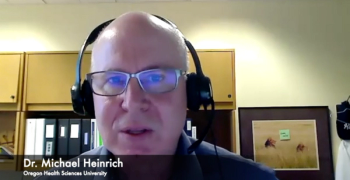
In patients with advanced gastrointestinal stromal tumors, a dose escalation of Qinlock after recommended treatment with the agent may be the best next step, answering for the lack of a next approved agent after Qinlock.

Jamie Cesanek, Assistant Web Editor for CURE®, joined the team in March 2021. She graduated from Indiana University Bloomington, where she studied journalism and minored in sociology and French. In her free time, she enjoys hiking, running, or enjoying time with friends and family. Email her at [email protected].

In patients with advanced gastrointestinal stromal tumors, a dose escalation of Qinlock after recommended treatment with the agent may be the best next step, answering for the lack of a next approved agent after Qinlock.
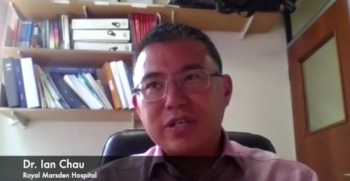
Opdivo was the first PD-1 inhibitor to show durable responses in patients with esophageal squamous cell carcinoma.

From a dance tribute performed by Kevin Boseman, late actor Chadwick Boseman’s brother to the humorous coloring book a woman created during treatment for cancer, here’s what’s happening in the cancer landscape this week.

In this episode of the “CURE® Talks Cancer” podcast, Dr. Thomas Marron of the Tisch Cancer Institute and Icahn School of Medicine at Mount Sinai in New York discusses the exciting future of cancer vaccines.

Recent findings merit further study of the immunosuppressive drug as therapy in patients with multiple myeloma.
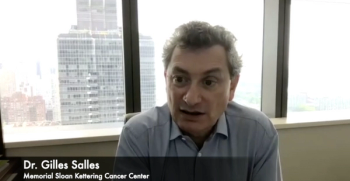
Monjuvi and Revlimid attained extended remission and improved survival in patients with relapsed or refractory diffuse large B-cell lymphoma.

Recent findings showed that the cost of cancer care affects nearly half of women with gynecologic cancer, with younger and/or non-white patients at higher risk for financial toxicity.

The upcoming symposium will give members of the colorectal cancer community a chance to spread awareness and discuss prevention and treatment strategies for the disease in younger age groups.

The findings open up the door for a fourth-line treatment option in patients with advanced gastrointestinal stromal tumors with disease progression.

From a man with late-stage cancer who has matching tattoos with over 400 strangers to a 78-year-old cancer survivor getting his black belt in Taekwondo, here’s what’s happening in the cancer landscape this week.

In this episode of the “CURE® Talks Cancer” podcast, Colin Jackson explains how he was able to complete a marathon even after cancer treatments that called for surgical removal of part of his femur, hip and surrounding muscle.

In an interview with CURE®, a survivor recounts how his experiences with cancer treatment in the 1960s, when he was treated in a segregated “colored” ward, have led him to a life of advocacy work.

Reaching a younger age group of African American men for prostate cancer detection may improve their survival outcomes, says an expert from the University of California San Diego.

From an emotional "America’s Got Talent” audition from a singer with cancer to a wig company that creates wigs for women of color, here’s what’s happening in the cancer landscape this week.
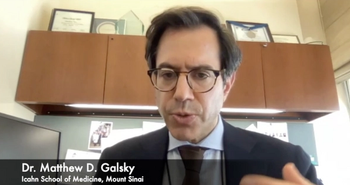
A combination of treatment with bladder-saving surgical resection, Opdivo and chemotherapy yielded positive results in patients with muscle-invasive bladder cancer.

In this episode of the “CURE® Talks Cancer” podcast, author Steve Kelley shares both the painful and positive moments of his journey with a rare cancer.
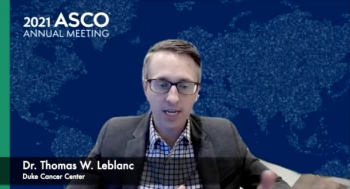
Introducing integrated palliative care to patients with a certain type of leukemia was shown to facilitate active coping strategies, which could improve a patient’s quality of life.

In a final analysis of a study examining the effectiveness of Alecensa compared to Xalkori in patients with non-small cell lung cancer, the Alecensa-treated group did not achieve better survival outcomes.
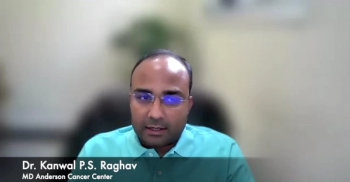
Responses to the study drug, according to one of the study’s authors, appeared far superior than what would have been expected with other treatments in patients with HER2-expressing metastatic colorectal cancer.

The long-term follow-up data, according to one of the study’s authors from the Sarah Cannon Cancer Institute, demonstrate “a new benchmark for the standard of care” in the treatment of patients with unresectable stage 3 non-small cell lung cancer.

Although recent data show how promising a single-infusion of a specific CAR-T cell therapy may be for patients with acute lymphoblastic leukemia, an expert from the Moffitt Cancer Center notes that more research is needed for those deemed too ill to receive the treatment.
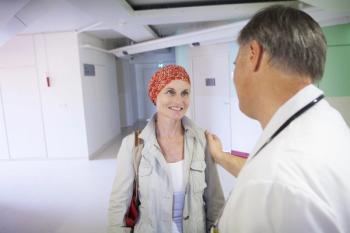
Patients with nonmetastatic castration-resistant prostate cancer continued to tolerate long-term treatment with Nubeqa, allowing them to maintain their quality of life and remain on therapy.
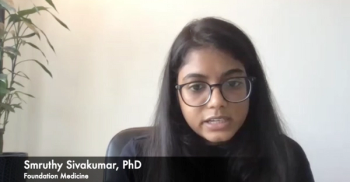
The data, according to one of the study’s authors, are critical in understanding the disparities in prostate cancer.

From a cancer survivor who cleans up trash and turns it into artwork to the inaugural National Black Family Cancer Awareness week, here’s what’s happening in the cancer landscape this week.

A recent study found that among a substantial proportion of premenopausal women with breast cancer, endocrine therapy decisions and fertility concerns are interwoven.

In this episode of the “CURE® Talks Cancer” podcast, breast cancer survivor Tomika Bryant discusses her cancer journey, advocacy work and how blogging helped her get through treatment.

Patients with cancer experienced higher levels of loneliness, isolation and symptom burden due to social distancing procedures for COVID-19, according to a recent study.

From a cancer survivor walking 3,000 miles for charity to a runner with cancer crossing the finish line with the help of her teammates, here’s what’s happening in the cancer landscape this week.

In this episode of the “CURE® Talks Cancer” podcast, Nicole Body discusses her cancer journey and shares how she found the strength to persevere through treatments and accept the difficult truths.

Researchers have developed Myeloma Drug Sensitivity Testing to determine which medications will be most effective with minimal side-effects.